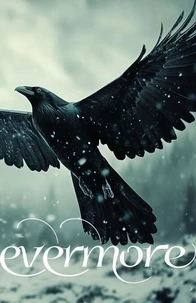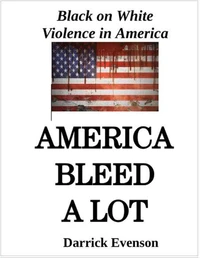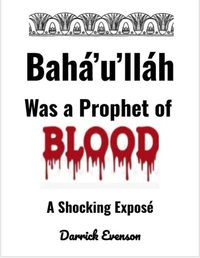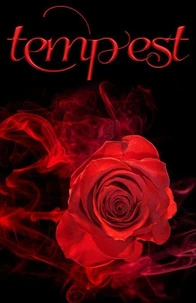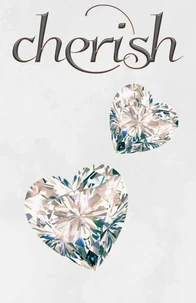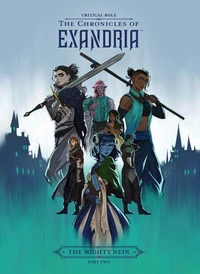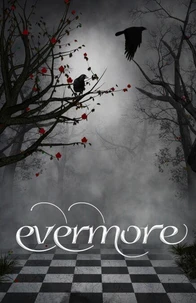The Doctor in History, Literature, Folk - Lore, Etc. Exploring Doctors in History, Literature, and Folklore
Par : ,Formats :
Disponible dans votre compte client Decitre ou Furet du Nord dès validation de votre commande. Le format ePub est :
- Compatible avec une lecture sur My Vivlio (smartphone, tablette, ordinateur)
- Compatible avec une lecture sur liseuses Vivlio
- Pour les liseuses autres que Vivlio, vous devez utiliser le logiciel Adobe Digital Edition. Non compatible avec la lecture sur les liseuses Kindle, Remarkable et Sony
 , qui est-ce ?
, qui est-ce ?Notre partenaire de plateforme de lecture numérique où vous retrouverez l'ensemble de vos ebooks gratuitement
Pour en savoir plus sur nos ebooks, consultez notre aide en ligne ici
- Nombre de pages783
- FormatePub
- ISBN4057664578198
- EAN4057664578198
- Date de parution26/04/2021
- Protection num.Digital Watermarking
- Taille1 Mo
- Infos supplémentairesepub
- ÉditeurGOOD PRESS
Résumé
The collection titled "The Doctor in History, Literature, Folk-Lore, Etc" delves into the multifaceted representation of doctors across various cultural narratives, from historical accounts to folk tales. The book interweaves anecdotes, analyses, and interpretations, providing readers with rich literary contexts that highlight the thematic evolution associated with the medical profession. Employing a mix of historical critique and literary examination, the contributions draw upon diverse genres to situate the figure of the doctor as both a healer and a societal symbol, reflecting the complexities of medical ethics, cultural perceptions, and the human experience throughout history.
The anthology is crafted by various authors, each bringing unique perspectives shaped by their academic backgrounds in history, literature, and medicine. This collaborative effort reflects a growing interest in the critical examination of the role of healthcare professionals in folklore and narrative traditions. The authors'Äô motivations likely stem from their own experiences and observations of the social narratives surrounding medicine, prompting them to explore how these stories inform contemporary understandings of health and identity.
"The Doctor in History, Literature, Folk-Lore, Etc" is highly recommended for scholars, students, and general readers alike who seek to explore the interplay between medicine and culture. By engaging with this rich tapestry of interdisciplinary scholarship, readers will gain insight into the enduring legacy of doctors as central figures in societal narratives and the implications those roles hold in modern discourse.
The anthology is crafted by various authors, each bringing unique perspectives shaped by their academic backgrounds in history, literature, and medicine. This collaborative effort reflects a growing interest in the critical examination of the role of healthcare professionals in folklore and narrative traditions. The authors'Äô motivations likely stem from their own experiences and observations of the social narratives surrounding medicine, prompting them to explore how these stories inform contemporary understandings of health and identity.
"The Doctor in History, Literature, Folk-Lore, Etc" is highly recommended for scholars, students, and general readers alike who seek to explore the interplay between medicine and culture. By engaging with this rich tapestry of interdisciplinary scholarship, readers will gain insight into the enduring legacy of doctors as central figures in societal narratives and the implications those roles hold in modern discourse.
The collection titled "The Doctor in History, Literature, Folk-Lore, Etc" delves into the multifaceted representation of doctors across various cultural narratives, from historical accounts to folk tales. The book interweaves anecdotes, analyses, and interpretations, providing readers with rich literary contexts that highlight the thematic evolution associated with the medical profession. Employing a mix of historical critique and literary examination, the contributions draw upon diverse genres to situate the figure of the doctor as both a healer and a societal symbol, reflecting the complexities of medical ethics, cultural perceptions, and the human experience throughout history.
The anthology is crafted by various authors, each bringing unique perspectives shaped by their academic backgrounds in history, literature, and medicine. This collaborative effort reflects a growing interest in the critical examination of the role of healthcare professionals in folklore and narrative traditions. The authors'Äô motivations likely stem from their own experiences and observations of the social narratives surrounding medicine, prompting them to explore how these stories inform contemporary understandings of health and identity.
"The Doctor in History, Literature, Folk-Lore, Etc" is highly recommended for scholars, students, and general readers alike who seek to explore the interplay between medicine and culture. By engaging with this rich tapestry of interdisciplinary scholarship, readers will gain insight into the enduring legacy of doctors as central figures in societal narratives and the implications those roles hold in modern discourse.
The anthology is crafted by various authors, each bringing unique perspectives shaped by their academic backgrounds in history, literature, and medicine. This collaborative effort reflects a growing interest in the critical examination of the role of healthcare professionals in folklore and narrative traditions. The authors'Äô motivations likely stem from their own experiences and observations of the social narratives surrounding medicine, prompting them to explore how these stories inform contemporary understandings of health and identity.
"The Doctor in History, Literature, Folk-Lore, Etc" is highly recommended for scholars, students, and general readers alike who seek to explore the interplay between medicine and culture. By engaging with this rich tapestry of interdisciplinary scholarship, readers will gain insight into the enduring legacy of doctors as central figures in societal narratives and the implications those roles hold in modern discourse.




